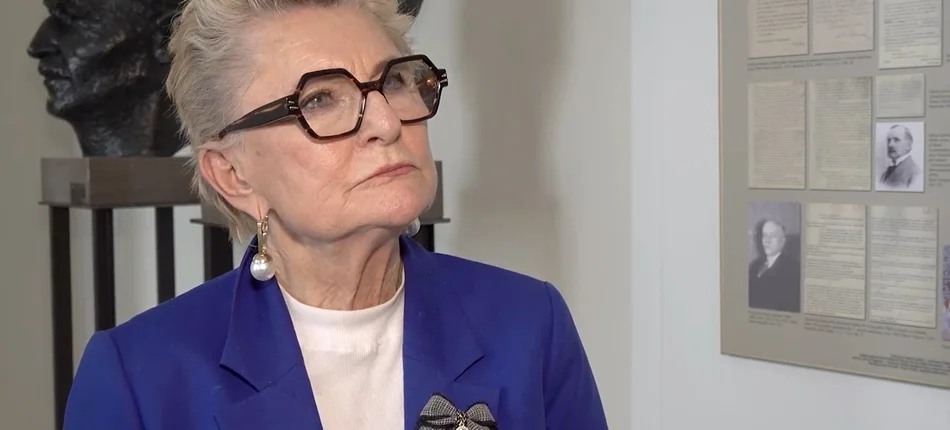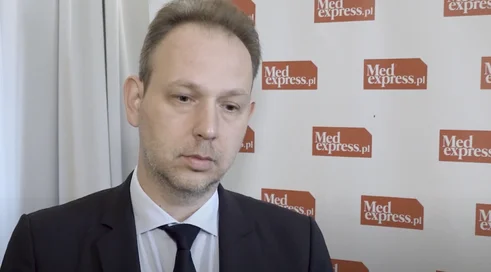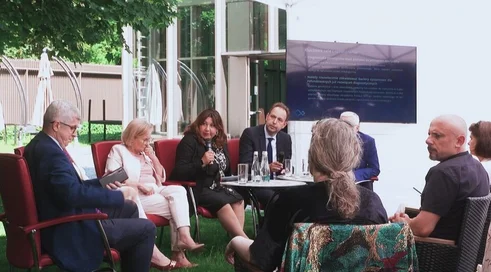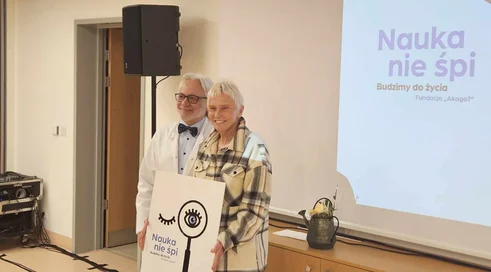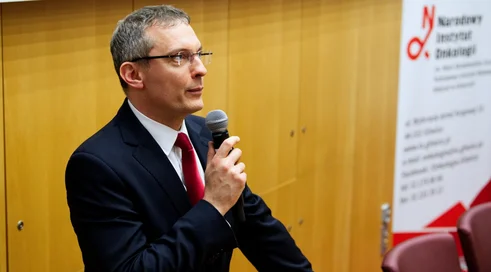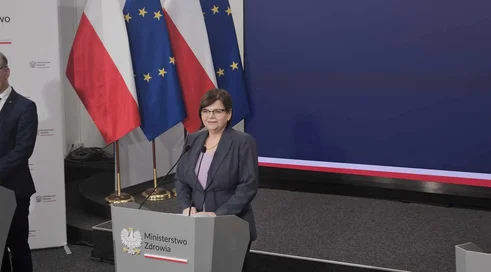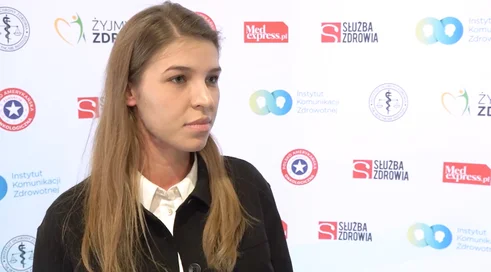Interview with Krystyna Wechmann, president of the Polish Coalition of Oncology Patients.
In what percentage of patients is molecular diagnostics now being performed? Is this level a cause for rejoicing, or should it be viewed as a challenge?
It is difficult to answer this question, because this percentage is small, but varies greatly regionally. ...
Content locked
To gain access to the complete English section of the Medexpress.pl, kindly reach out to us at [email protected].
If you already have an account, please log in





